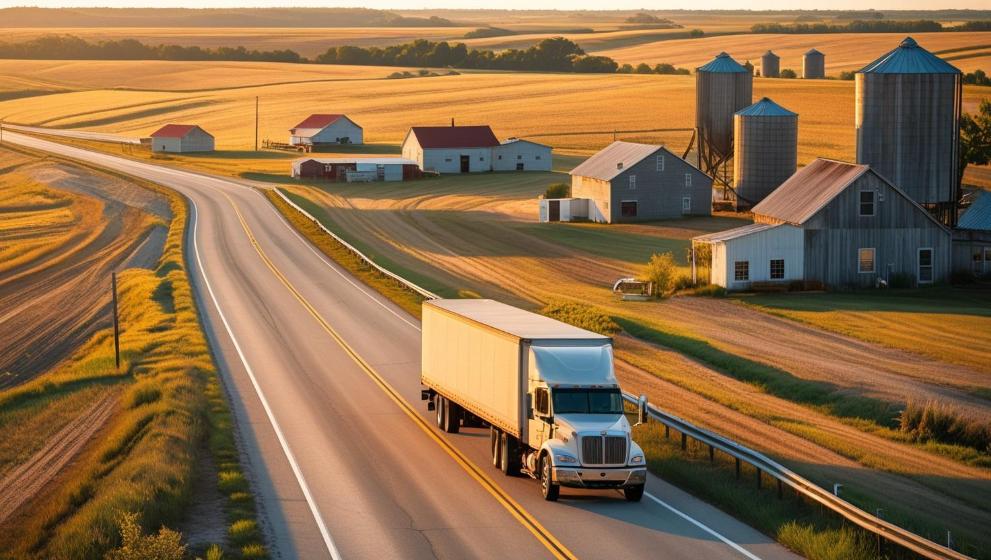
In many rural communities from the Dakotas to the Deep South, elections rarely turn on lofty platitudes. Voters are more likely to focus on the potholes outside their front gate and whether a loaded truck can pass without scraping a side mirror.
An improved blacktop can feel more decisive than any candidate debate, yet that concrete reality seldom shows up in national media stories. Politicians who make repairs on roads a cornerstone of their campaign agenda usually stumble into surprising pockets of support.
By tying logistics upgrades directly to daily errands and farm exports, they speak the unspoken dialect of the countryside.
1. Job Creation Through Construction and Logistics Support
Infrastructure projects not only create asphalt, but also establish the foundation for immediate employment opportunities. Bulldozer operators, safety flaggers, and concrete suppliers all appear in the same small-town barbershop, and that shared visibility cultivates goodwill.
Families see fresh faces in the diner and contractors filling up their fuel tanks, which feels like prosperity arriving on a flatbed. Political incumbents who engineer that kind of turnaround often earn an almost reflexive vote, especially in counties where wage growth has stalled.
When citizens sense a shovel in the ground, the phrase “he did something” can echo louder than any policy white paper.
2. Better Access to Healthcare and Emergency Services
Wider, well-marked truck corridors cut the minutes that ambulances spend rattling over potholes. Small savings can make the difference between stabilization and tragedy in towns where the nearest clinic is a two-hour drive away.
Constituents notice when elected officials advocate for smoother roads, and they often reciprocate this attention at the polls.
3. Boost to Local Agriculture and Small Businesses
Any farmer will tell you that a reliable route outweighs the cost of a new combine; beans may spoil during transit, but asphalt remains intact. Faster transport lowers freight costs, and this extra time allows grain co-ops to compete for out-of-state contracts they previously overlooked.
Voters sign the thank-you cards long after the survey crews have packed up.
ALSO READ: Political Campaigns Get Personal with Custom DTF Transfers
4. Enhanced Community Connectivity and Mobility
Fresh pavement invites residents to visit the dentist without crossing three creek beds first. Sunday soccer matches, courthouse errands, and the annual quilt show can now be accomplished within a single tank of gas.
Almost by accident, trucking improvements polish off the everyday grid and extend a quiet lifeline to social life. Politicians who catch that storytelling wind rarely leave rural doors unanswered come campaign season.
5. Symbol of Government Functionality and Respect
For residents in places that have been quietly overlooked, a smooth stretch of pavement reads like an unspoken promise from the state. When the asphalt holds up, citizens instinctively feel they have been counted and, more important, that someone is paying attention.
Officeholders who attach their names to truck-route upgrades—plain, messy, indispensable work—tend to earn a surprising reservoir of goodwill, even in areas that usually suspend their trust.
Conclusion
In much of rural America, the rhythm of everyday life depends on how easily a vehicle can roll from one town to the next. Pouring public dollars into freight corridors clears away more than potholes; it clears pathways to new jobs, better clinics, and a renewed sense of pride.
Politicians who grasp this truth arrive at a simple insight: thicker funding lines on a planner’s map can translate into thicker lines on Election Day ballots.




